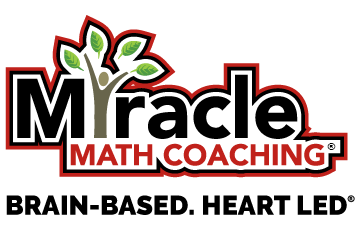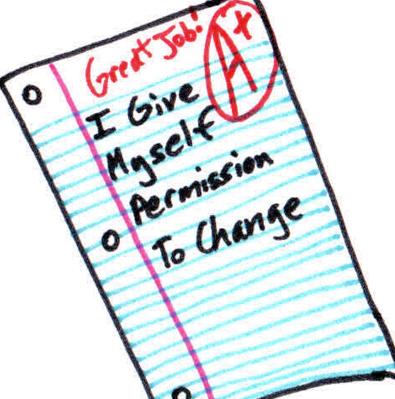5 Facts Smart Parents Know to Help their Students Get Better Grades
By Deanna Hurn, Founder and Executive Director of Miracle Math Coaching
I’m a firm believer in seeking experts to help when I have a challenge to overcome. That’s true whether I have a plugged up drain (call the plumber) or a chronic cough (dial the doctor).
Experts in education can be a great resource for parents who want their sons and daughters to succeed. Researchers have issued countless studies documenting what factors prompt children to succeed. Here are five important research studies that can push your students’ academics to the next level.
- Mom and Dad are the key.
Parents influence a student’s academic achievement five times more than teachers do, according to a study released in March 2012 by the Royal Economic Society in the United Kingdom.
Specifically, families who strongly push the importance of education impact test scores by 50 percent while schools only impact them by 10 percent, the researchers said. And parental influence mattered the most in math and science exams.
What can parents to do at home to boost their student’s academic performance? Some examples include encouraging reading, limiting television, discussing and debating current events and playing board games.
- Quizzes are powerful tools for learning.
Quizzing students about what they learn is the best way to help them retain more of the information, according to researchers at Washington University in St. Louis.
The best combination of testing?
Students remembered the most when they were given a quiz before a lesson was taught, a second test immediately after the lesson and a review quiz the day before the final exam. This is a great way for a parent to help prep a student for an upcoming test.
On average, students scored 85 percent on the final exam when given quizzes and only 64 percent when no quizzes were given.
The study was conducted on students in four 8th grade science classrooms in Illinois.
- Exercising the body is good for the brain.
Students who the forgo the remote control or joy stick for a bike or football are more likely to earn better grades and feel less stress, according to several studies.
In a 2007 study published in the Journal of Sport & Exercise Psychology, Hillman put 259 Illinois third graders and fifth graders through standard physical education routines such as push-ups and a timed run, and he measured their body mass. Then he checked their physical results against their math and reading scores on the Illinois Standards Achievement Test.
“There was a relationship to academic performance,” says Hillman. “The more physical tests they passed, the better they scored on the achievement test.” The effects appeared regardless of gender and socioeconomic differences, so it seems that regardless of his or her race or family income, the fitness of a child’s body and mind are tightly linked.
“Memory retention and learning functions are all about brain cells actually changing, growing, and working better together,” says John J. Ratey, clinical associate professor of psychiatry at Harvard Medical School and the author of Spark: The Revolutionary New Science of Exercise and the Brain. “Exercise creates the best environment for that process to occur.”
- Texting is bad news for students who want good grades.
Specifically, students who want to do well in English should put away the smart phones. A recent study shows that texting has a negative impact on grammar skills.
Northwestern Doctoral Candidate Drew Cingel surveyed 228 middle school students in Pennsylvania about the number of texts they sent and received, their attitudes about texting and other activities they engaged in, such as reading or watching television.
They were then given a 22-question grammar quiz. The material included verb/noun agreement, use of correct tense, homophones, possessives, apostrophes, comma usage, punctuation, and capitalization. The results showed that the more often students sent text messages using shortened words and symbols, the lower their scores on the quiz.
- Homework has benefits beyond the classroom.
It’s logical that doing homework boosts a student’s academic achievement. In addition, research shows that homework provides non-academic benefits, too, especially for younger students.
According to a study conducted by Lyn Corno of Columbia University and Jianzhong Xu of Mississipi State University, students who regularly do homework learn how to be responsible, how to manage their time and how to stay with a task until it is completed.
The researchers conclude that these skills will give students “an aptitude for gainful employment.” In other words, young people who do their homework are more likely to stay employed for long periods of time as adults.
And if you’re looking for additional academic support for your student, please visit our website at www.miraclemathcoaching.com or call me at 707-398-3474, ext. 2700. Miracle Math Coaching is an award-winning, student-focused service with a track record of boosting academic achievement.







